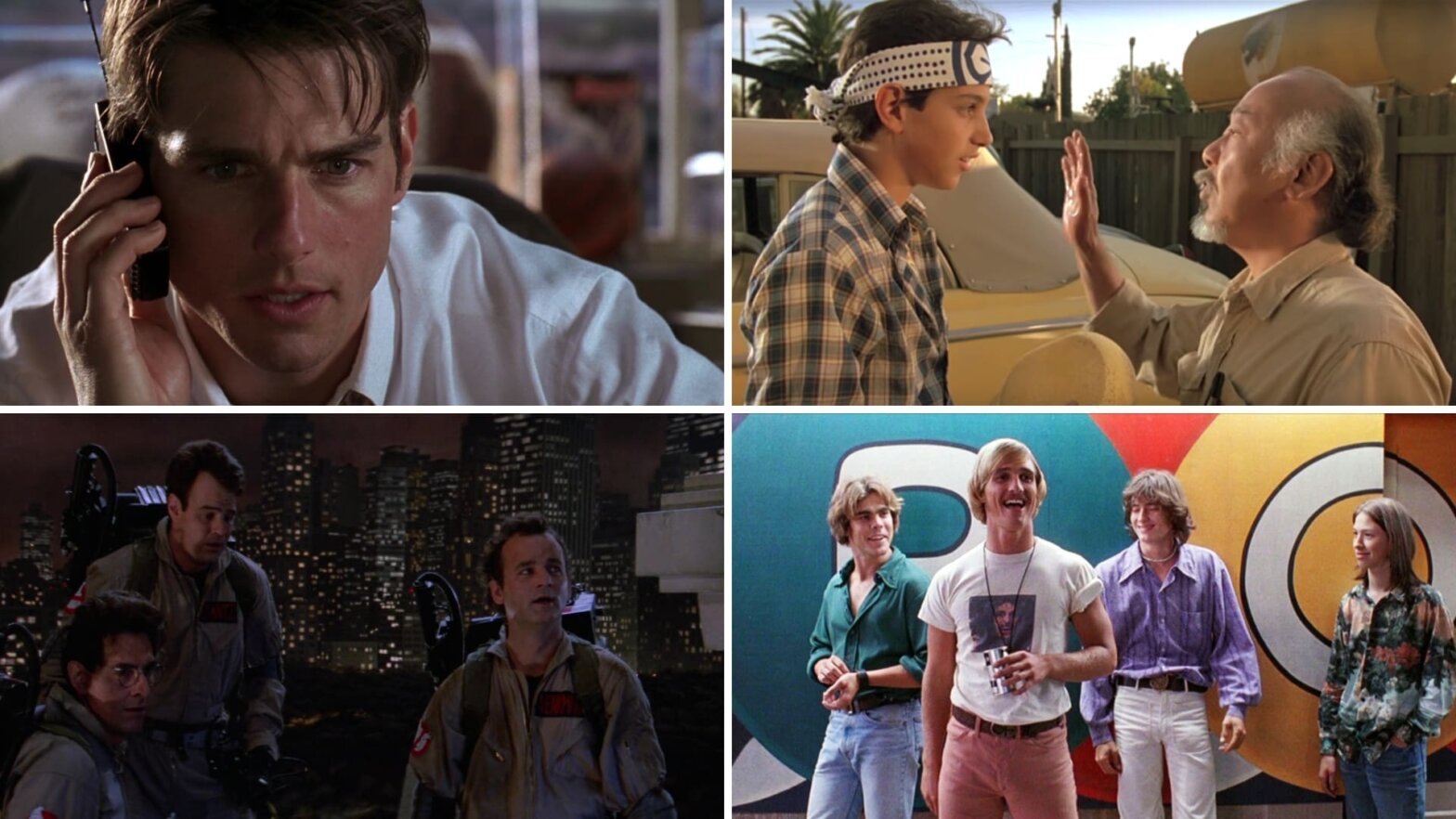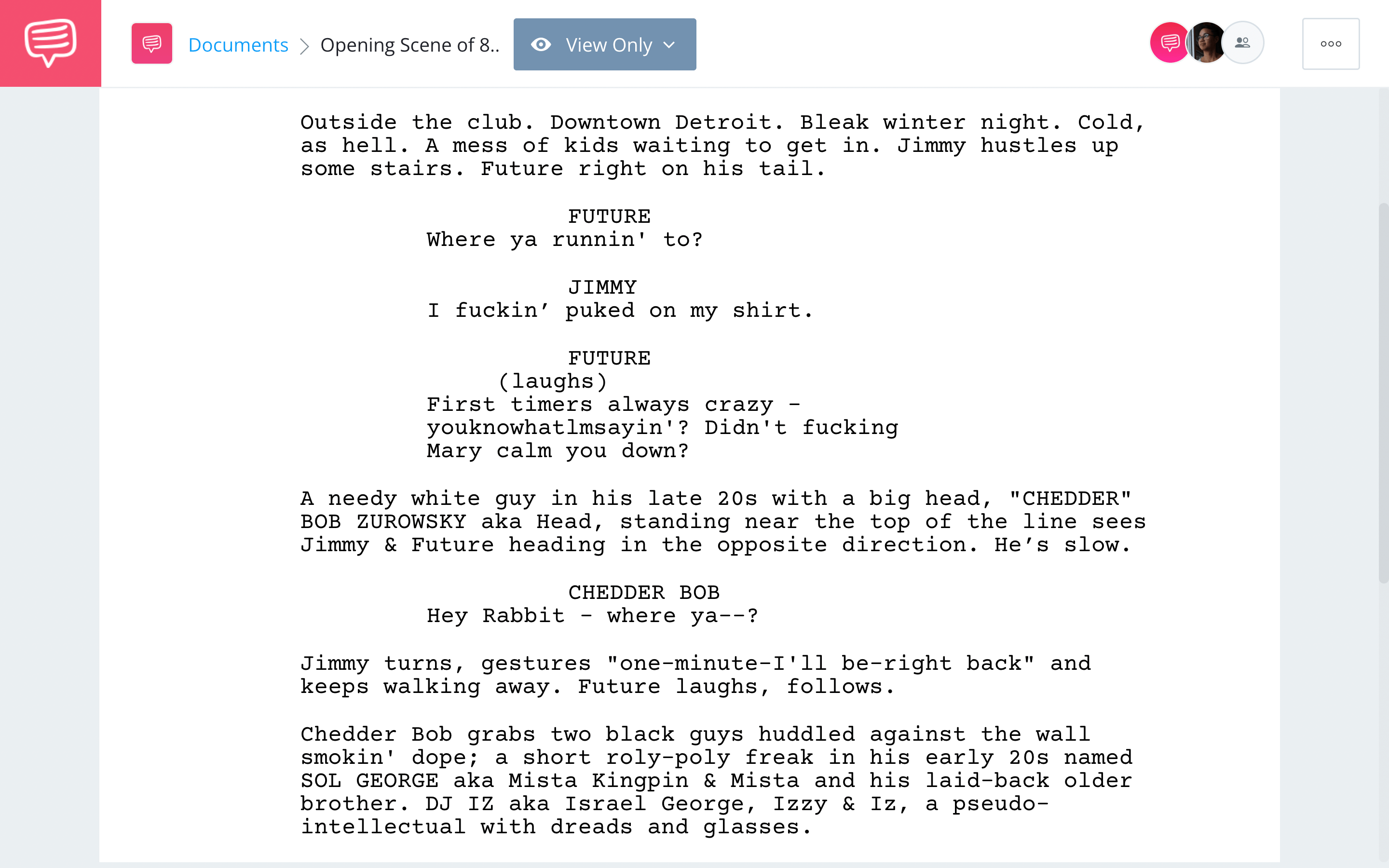You might not know what a colloquialism is, but I can guarantee you have used one at one point. Colloquialisms have a place in both everyday language and writing in literature and film. What is colloquialism used for? In this article, we’ll explore the colloquialism definition and look at why and how it is used by writers in literature and cinema.
Colloquialism Definition
First, let’s define a colloquialism
Colloquialism can often be mistaken for other literary devices and terms like a euphemism. To distinguish it, let’s look at the colloquialism definition.
COLLOQUIALISM DEFINITION
What is colloquialism in language?
A colloquialism is an expression or word used informally in casual conversation. Colloquialisms are formed in language over time within a language, time period, or geographical region. The term derives from the Latin “colloquium” which means “conversation.” These expressions have become interwoven throughout language and culture. And for writers to study them is invaluable when writing realistic dialogue.
Colloquialism examples:
- “I’m fixin’ to head to town.”
- “I’ll catch you another time then.”
- “We were having a helluva time the other night.”
What Does Colloquialism Mean and Do?
Function of colloquialisms
What is colloquialism used for? Now that we were able to define them, let's look at some of the reasons one might use them and how.
Dialogue
The most obvious use of colloquialisms is within dialogue. When writing dialogue in both literature and film, it can be difficult for it to sound realistic and natural. Using colloquial expressions can make fictional conversation sound more realistic, further emerging an audience or reader into the story.
A great example of this can be found in the opening scene of 8 Mile. The colloquialism “youknowhatimsayin'” is used to add realism to the dialogue.
We brought the 8 Mile screenplay into StudioBinder's screenwriting app to show you how the expression is even condensed into one word to exhibit the phonetics of it.
8 Mile Opening Scene • Read Full Scene
Setting
Colloquialism can also be an effective tool to establish the setting of a story. As mentioned in the colloquialism definition above, they can be developed based on a geographical region. Using these geographically specific expressions in written dialogue can help establish where the story is taking place.
Colloquialisms can also develop within a specific time period. Using time based colloquialisms can be a useful tool for establishing when a story is taking place as well.
Few film examples can display this better than Richard Linklater's cult classic Dazed and Confused. Set in 1976, the dialogue of the times was achieved through countless colloquialisms. In this scene alone, there are far too many to list, but undoubtedly establish the world and time of the film.
Dazed and Confused • Colloquialism examples
Perhaps the most distinct example from this scene occurs when Slater asks Mitch Kramer, “Are you cool, man?” to which Kramer responds, “Like how?”
Kramer clearly did not understand the colloquialism which serves both as a comedic line and tool to establish the world and time period of the film.
Characters
Finally, colloquialism can help create depth in a story’s characters. They can develop in specific socioeconomic classes, cultures, and ethnicities. When a character uses a colloquialism, it can inform the audience or reader on the character’s background and context. This might be where they are from, how educated they are, how old they are, or what type of personality they have.
A great example of this can be found in Good Will Hunting. In this scene, Will (Matt Damon) and his friends go to a bar near Harvard. Watch the scene and pay attention to how these particular expressions further contrast their South Boston characters from the Ivy league students of Harvard.
Good Will Hunting • What is Colloquialism
Perhaps the most famous quote in the scene (and perhaps film) is an example used for this reason perfectly. After the verbal confrontation, Chuckie tells the girls “My boy’s wicked smart.”
This colloquialism, especially after hearing the dialogue of Harvard students, further establishes the Southie characters we’re following in the film.
Related Posts
Define Colloquialism in Launguage
Colloquialism vs Euphemism
Colloquialism can oftentimes be confused with another literary tool — euphemism. A euphemism is an appropriate expression used in the place of a phrase or words that may be found inappropriate or offensive.
While some euphemisms become colloquialisms, the two are distinct from each other primarily in function. Euphemisms are meant to replace other words or phrases to be more “appropriate.” For example, people often say “passed away” instead of died, or you might say, “let go” instead of “fired.”
Colloquialisms on the other hand develop as words or phrases used in informal dialogue, not to blunt any harshness. Euphemisms are also not entirely restricted to informal dialogue. In fact, they are often used in formal text to appear more appropriate, professional, etc.
When writing dialogue in either film or TV, it is important to think about colloquialisms and how they might add to your dialogue exchanges. This can be a sense of realism, information about the setting, or depth in your characters.
Up Next
What are Literary Devices?
Interested in learning about more literary devices to add to your repertoire as a writer? Check out our next article where we dive into what literary devices are and how they can be used in writing both literature and screenplays to elevate your storytelling.

